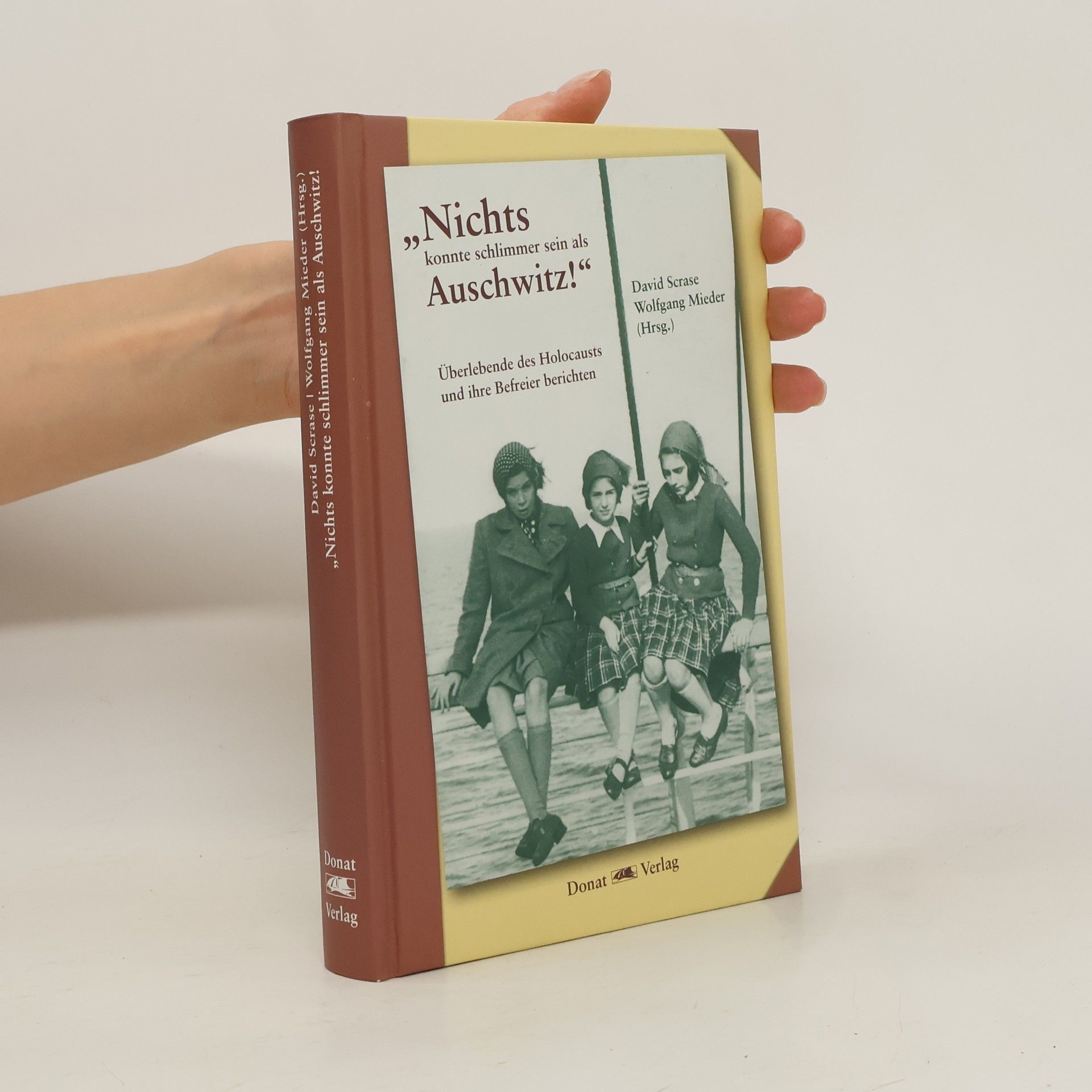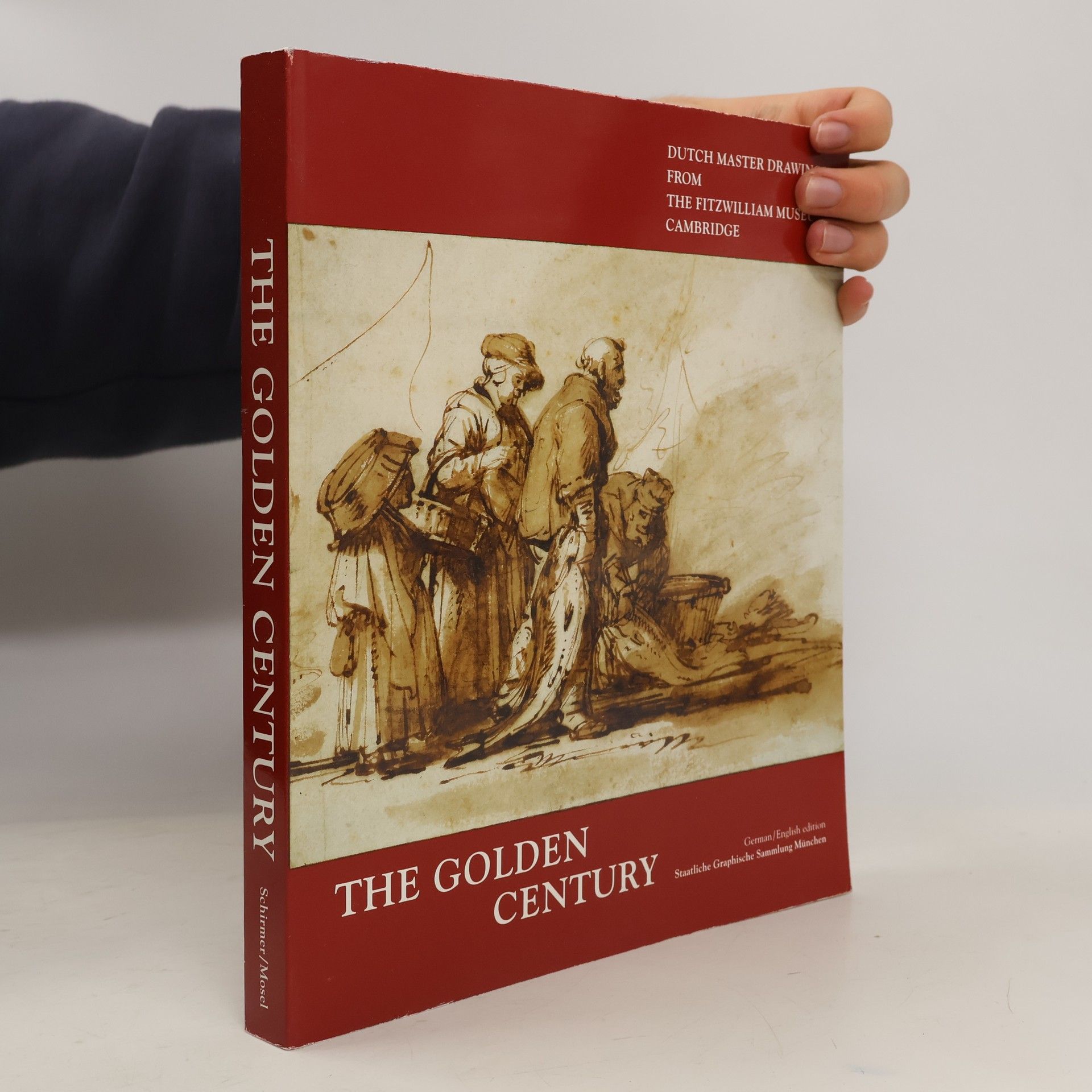"Nichts konnte schlimmer sein als Auschwitz!"
- 240 pages
- 9 hours of reading
Das Original des Buches The Holocaust – Personal Accounts erschien 2001 als zweiter Band der Reihe „The Holocaust“ des Center for Holocaust Studies (gegründet zu Ehren von Raul Hilberg, Gründungsdirektor David Scrase) an der Universität von Vermont, USA. Einige der Berichte wurden zur Vermeidung von Überschneidungen, Wiederholungen und solchen Erläuterungen, die nur im amerikanischen Kontext nötig schienen, gekürzt und entsprechend redigiert. Fußnoten und in eckige Klammern gesetzte oder mit AdÜ gekennzeichnete Passagen sind, sofern nichts anderes angegeben ist, Anmerkungen des Übersetzers. Die genauen Informationen und Quellenangaben zur Familie Herszel auf Seite 9 verdanken wir Dinah Riese. Das Bild auf dem Titelumschlag zeigt Susanne Learmonth und ihre jüngere Schwester Hanni Ehrentheil, zusammen mit einer Unbekannten. Das Copyright liegt bei S. Learmonth, D. Scrase und W. Mieder. Gedruckt mit freundlicher Unterstützung der Evan Scheuer Foundation und The Silk Foundation, St. Louis, Missouri.

